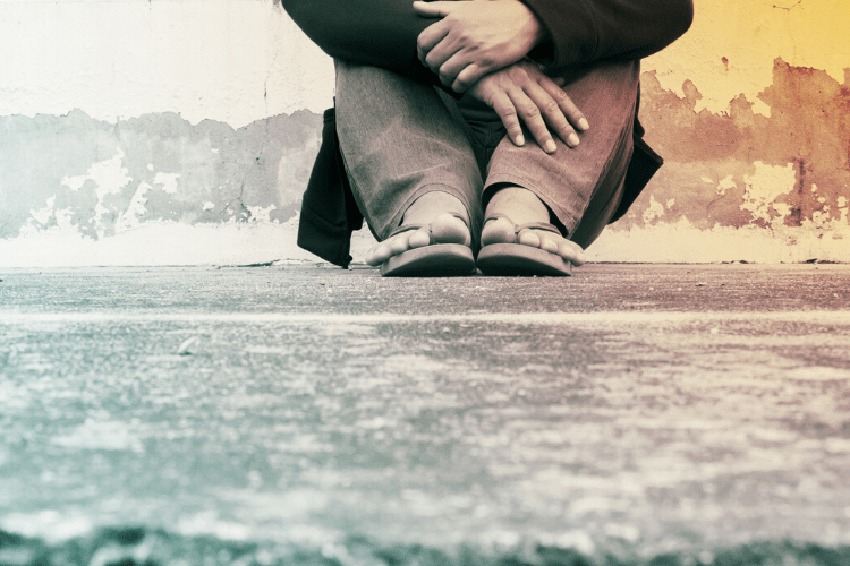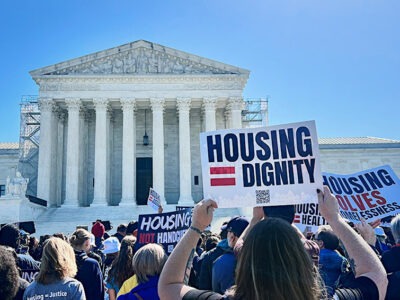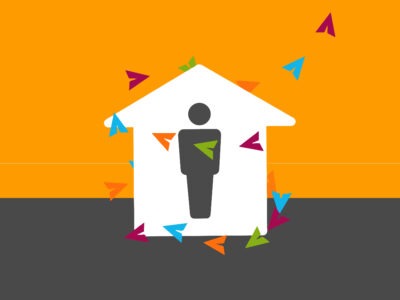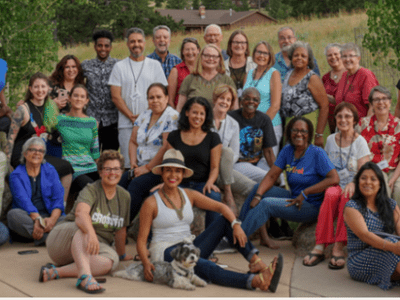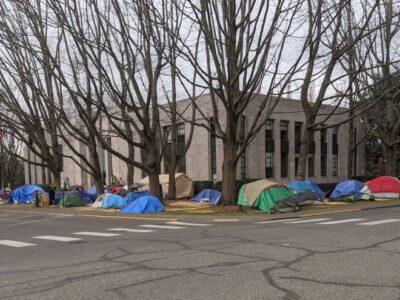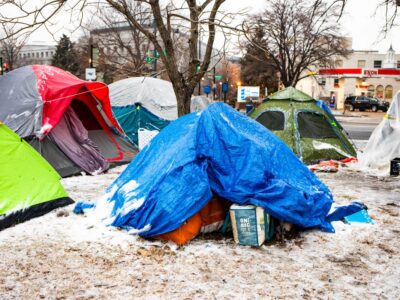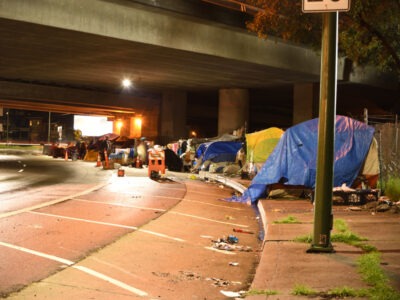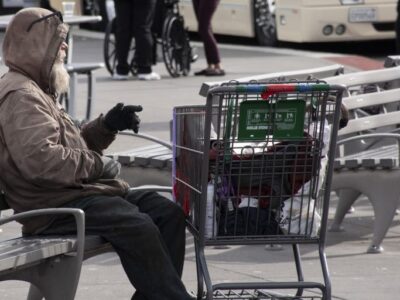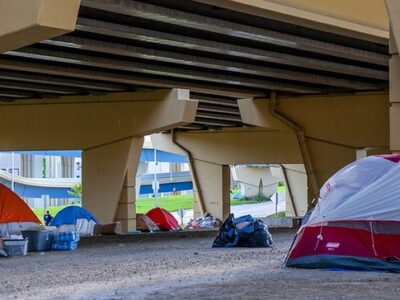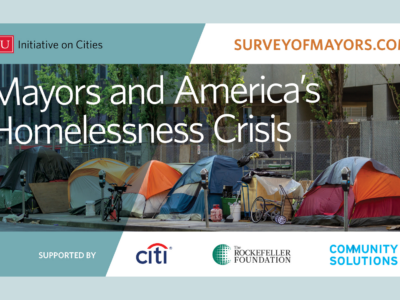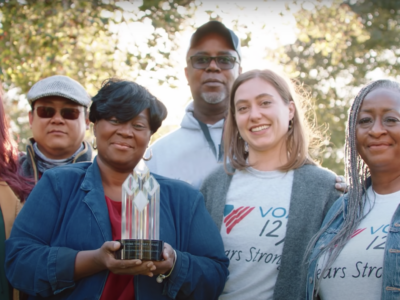In late March, Congress passed the CARES Act, securing funding for critical housing and homeless programs, as well as economic relief for state and local governments, businesses, nonprofits, families, and individuals. Congressional leaders are exploring an additional funding bill to provide economic relief to small business, health care providers, and food programs. However, homeless service providers are not included in their priorities.
The CARES Act provided $12 billion in funding for Housing and Urban Development (HUD) programs, yet our Built for Zero community partners need additional funding to ensure the people they serve – as well themselves – have the resources to prevent deaths and further spread of the virus.
Our homeless neighbors – and those who serve them – are on the front lines of this crisis and require additional resources to provide quarantine and isolation facilities and other protective measures. As Congress debates a fourth stimulus bill, the following critical areas need additional funding:
• At least $11.5 billion for Emergency Solutions Grants (ESG)
The CARES Act provided $4 billion in ESG funding, yet our homeless response providers need additional resources to protect themselves and those they are serving. People experiencing homelessness, if not provided isolation and quarantine facilities, could die, require hospitalization, or continue to spread coronavirus across their communities, overwhelming our already-distressed health care system.
Recent research on the impact of COVID-19 on the homeless population demonstrates that this population is more likely to contract COVID-19, need hospitalization, need critical care, and die as a result. The report estimates that over 20,000 people experiencing homelessness could require hospitalization from the coronavirus; of these, over 7,000 people could require ICU beds and many as 3,500 people experiencing homelessness could die from the coronavirus.
Additionally, homeless response staff must be able to protect themselves as they continue to provide services to this at-risk and vulnerable population. Communities across the country are reporting they lack the personal protective equipment (PPE) they need to keep their outreach workers safe. Alarmingly, some communities have reported having no access to PPE and instead are just relying on social distancing for protection. Last week, the CDC changed their guidelines to recommend that everyone cover their mouth and nose with a cloth mask when in public, to avoid transmission of the coronavirus.
• A national, uniform moratorium on evictions and foreclosures
The CARES Act instituted a temporary prohibition on new foreclosures and evictions filings for inability to pay for renters and homeowners in all federally-subsidized housing, including those using the Low Income Housing Tax Credit (LIHTC), and properties covered by federally-backed loans. Several states and local governments have also instituted their own eviction and foreclosure moratoriums.
Congress must implement a uniform policy that protects all renters and homeowners – no matter where they live – from losing their homes during this public health crisis when social-distancing and shelter-in-place measures are the key to slowing the impact of this pandemic.
• $100 billion for Emergency Rental Assistance and Eviction Prevention
The unemployment rate is expected to continue rising over the next few months. As unemployment worsens, this will likely lead to a wave of foreclosures and evictions, increasing homelessness in communities across the country.
Additional resources for emergency rental assistance and eviction prevention is critical to prevent a fiscal cliff that renters will fall off of when the eviction embargoes are lifted and back-rent is owed. This will also help ensure our country’s essential affordable housing infrastructure remains stable and viable.
This assistance can be provided through a combination of Emergency Solutions Grants, Housing Choice Vouchers, Section 521 Rural Rental Assistance, or the Disaster Housing Assistance Program (DHAP), which has been used by past administrations to address short-term rental assistance needs after previous disasters.
Community Solutions is part of the Disaster Housing Recovery Policy coalition, a group of more than 860 local, state, and national organizations dedicated to ensuring the federal response to disaster recovery prioritizes the housing needs of the lowest income people in the impacted areas. The coalitions’ federal policy recommendations to respond to the coronavirus pandemic can be found here.
